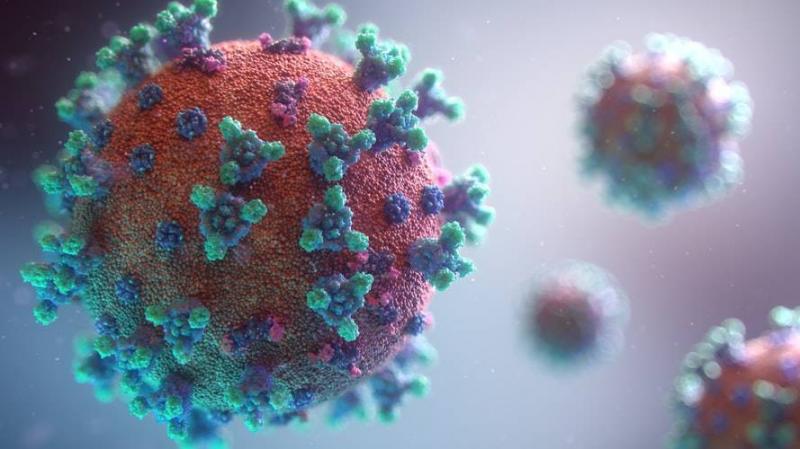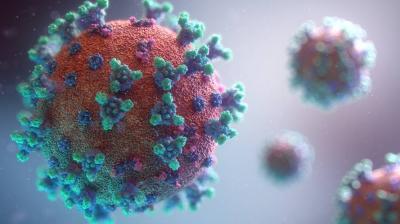Under the title "After the WHO Warning... What Do We Know About the 'Lambda' Variant?" Sky News published a report indicating that as the coronavirus continues to mutate, some of these mutations appear to be more contagious than others and cause more severe symptoms. The "Lambda" variant is the latest strain of the coronavirus, and the World Health Organization has warned about it as being more aggressive than previous variants, accounting for 70 percent of COVID-19 infections in both Chile and Argentina in recent weeks.
"Lambda" was first documented in Peru in December last year, and it has now become the "dominant strain" in that country, which has lost 195,000 people to COVID-19, representing 0.6 percent of the total population, according to figures from Johns Hopkins University. This is nearly three times the individual mortality rate from the pandemic in the United States.
Reports attribute the high mortality rate in Peru to factors unrelated to "Lambda," such as a low vaccination rate against the coronavirus, which stands at only 11 percent of the population, alongside companies insisting on having employees present at work sites, and high density in markets, public places, and transportation.
Despite the rapid spread of "Lambda" in South American countries, and its emergence in America as well, experts have called for "not overreacting" to concerns regarding it. In an interview with The New York Times, microbiologist Pablo Tsukayama, who documented the emergence of "Lambda," stated, "The gap in information fuels fears about this variant, as does the limited capacity of Latin America to monitor and conduct investigations and research on it, concerns that may be exaggerated."
Tsukayama added, "I do not believe that Lambda is worse than previously discovered variants," as reported by CNET, a site specializing in scientific and technological news.
Additionally, researchers reported in an article published by The Times that preliminary studies not yet peer-reviewed showed that the antibodies generated by the Pfizer, Moderna, and CoronaVac vaccines developed by China's Sinovac were less effective against "Lambda" compared to the original strain; however, they could still neutralize the virus, and their efficacy against the new variant is expected to increase.
What Does the WHO Say?
According to Carissa Etienne, Director of the WHO Regional Office, the evidence available so far regarding "Lambda" indicates its high danger, especially in terms of its transmission rate and its ability to resist immunity from vaccines and recovery from the pandemic. The UN official added, "We still do not have sufficient data to determine the severity of this variant and its final specifications, but the scientific indicators gathered thus far do not inspire optimism."
The World Health Organization announced this variant and named it "Lambda" on June 14th, categorizing it as a variant of interest. In one of the very few studies conducted on the Lambda mutation and its ability to resist the Chinese CoronaVac vaccine, it was found to have a resistance capability of up to 64 percent in some cases, as noted by Chilean virology expert Ricardo Soto. A study conducted by experts from New York University also showed that this mutation resists the Pfizer and Moderna vaccines by as much as 22 percent in some cases.




